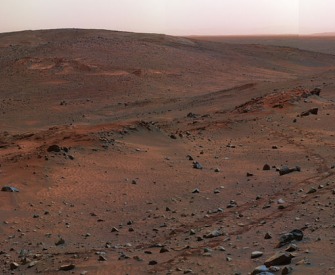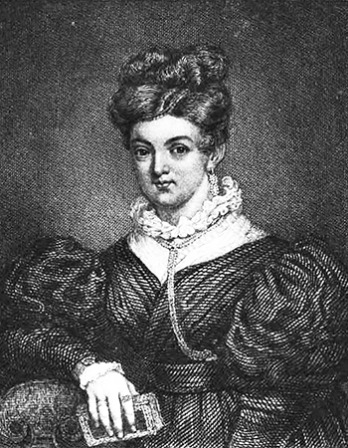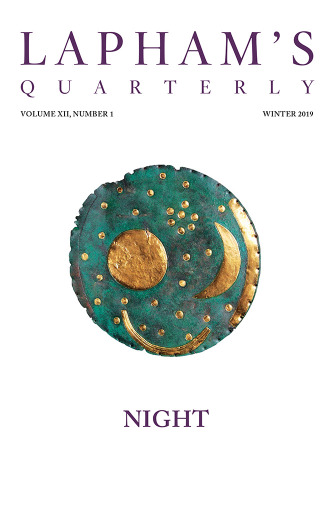The joining together of the Mediterranean and the Red Sea by a navigable canal is an enterprise the utility of which has attracted the attention of all the great men who have reigned or been for a time in Egypt: Sesostris, Alexander, Caesar, the Arab conqueror Amr, Napoleon I, and Muhammad Ali.
A canal communicating by way of the Nile with the two seas existed in ancient times—but for how long we know not—under the old Egyptian dynasties; during a second period of 445 years, from the first successors of Alexander and the Roman conquest until the fourth century before the Hegira; and finally, for a period of 130 years after the Arab conquest.
Napoleon, directly after he arrived in Egypt, appointed a commission of engineers to ascertain whether it would not be possible to reestablish and to perfect this mode of communication. The question was decided in the affirmative, and when the learned M. Lepère, the head engineer of the expedition, handed him the report, he said, “The work is great, and though I shall not now be able to accomplish it, the Turkish government will someday, perhaps, reap the glory of carrying it out.”
The time has come to realize Napoleon’s prediction. The piercing of the Isthmus of Suez is certainly an enterprise destined to contribute more than any other to the maintenance of the Ottoman Empire, and to demonstrate to those who announced its approaching ruin that it still has a fruitful existence before it, and that it is capable of adding a brilliant page to the history of human civilization.
Why is it that the governments and people of the West are at the present moment coalesced to maintain the sultan in the possession of Constantinople? And why does the power which has threatened to deprive him of it meet with such opposition if it be not that the passage from the Mediterranean to the Black Sea is of such importance that the European power which became mistress of it would overrule all the rest?
If a similar and still more important position were established in another part of the Ottoman Empire, and if the commerce of the world were made to pass through Egypt, the position of the empire would be doubly strengthened, for the great European powers, in order to prevent any one of them ever seizing it, would regard it as a vital necessity to guarantee the neutrality of the canal.
No operation, however difficult, is now regarded by modern art as impossible. Its feasibility is not doubted; it is merely a question of money, which the spirit of enterprise and cooperation will soon solve if the profits which are to result from it are in proportion to the cost. It is easy to show that the cost of the Suez Canal, taking the highest estimate, is not out of proportion with the usefulness and the profits of this great work, which would abridge by more than half the distance between the principal countries of Europe, America, and the Indies.
Viceroy Muhammad Said has not been slow to see that there was no work which, as regards the grandeur and utility of its results, could compare with this. What a glorious record for his reign, what an inexhaustible source of wealth for Egypt it will be! The names of the Egyptian sovereigns who erected the pyramids, those monuments of human pride, remain unknown. The name of the prince who opens the great maritime canal will be blessed from century to century, down to the most distant posterity.
The pilgrimage to Mecca secured for all time and made easy for the Mohammedans; an immense impulse given to steam navigation and long voyages; the countries along the Red Sea and the Persian Gulf, the eastern coast of Africa, India, the Kingdom of Siam, Cochin China, Japan, the vast Chinese Empire, the Philippine Islands, Australia, and that vast archipelago toward which the emigration of ancient Europe is tending, all brought three thousand leagues nearer to the basin of the Mediterranean as well as to the north of Europe and America: such are the sudden and immediate results of piercing the Isthmus of Suez.
It has been calculated that the navigation of Europe and America by the Cape of Good Hope and Cape Horn is equivalent to an annual movement of six million tons, and that if only half of this was conveyed by way of the Gulf of Arabia, the trade of the world would realize a profit of £6 million per annum. It is beyond doubt that the Suez Canal will lead to a great increase of tonnage, but reckoning only three million tons, a tax of ten francs a ton, which might be reduced as the navigation increased, would yield annually £1,200,000.
In terminating this memorandum, I think it right to call Your Highness’ attention to the preparations which are being made for opening up communications between the Atlantic and Pacific Oceans, and to the effects upon the world’s trade, and ultimately upon the future of Turkey, by the opening of these new routes if the isthmus which separates the Mediterranean and the Red Sea were to remain much longer closed to trade and navigation.
Does not this show that the time for treating that question has arrived? May we not conclude that this great work, far more important for the future of the world, is henceforth secure from all serious opposition, and that the efforts made to realize the project will be sustained by the universal sympathy and active assistance of the enlightened men of all countries?
From Recollections of Forty Years. Construction on the canal across the Isthmus of Suez—pitched in this letter by Lesseps to his friend Said Pasha, the viceroy of Egypt—would finally begin in 1859, with financial backing from Napoleon III. The canal was completed ten years later. In 1875 the Egyptian government sold its share of the Canal Company to Great Britain under Prime Minister Benjamin Disraeli.
Back to Issue





